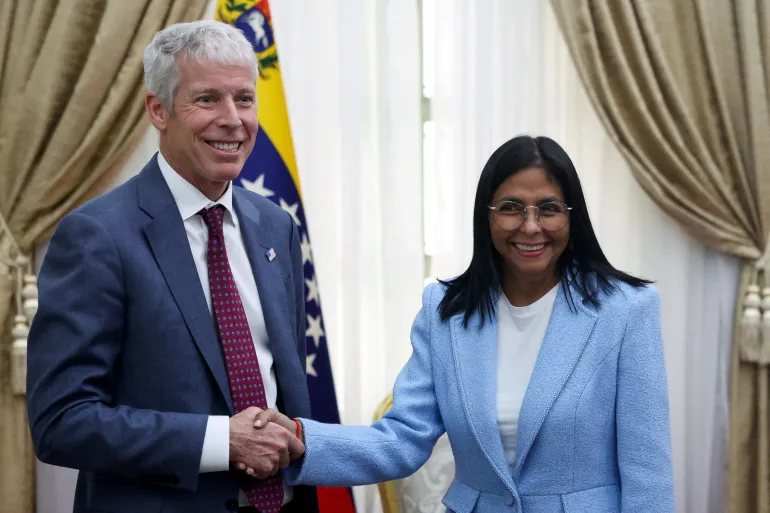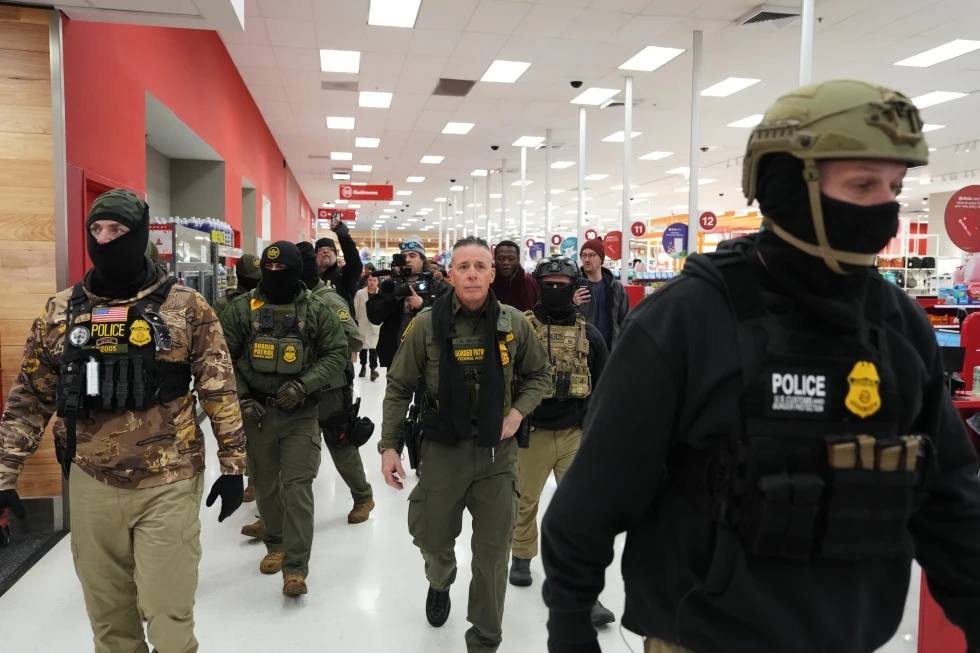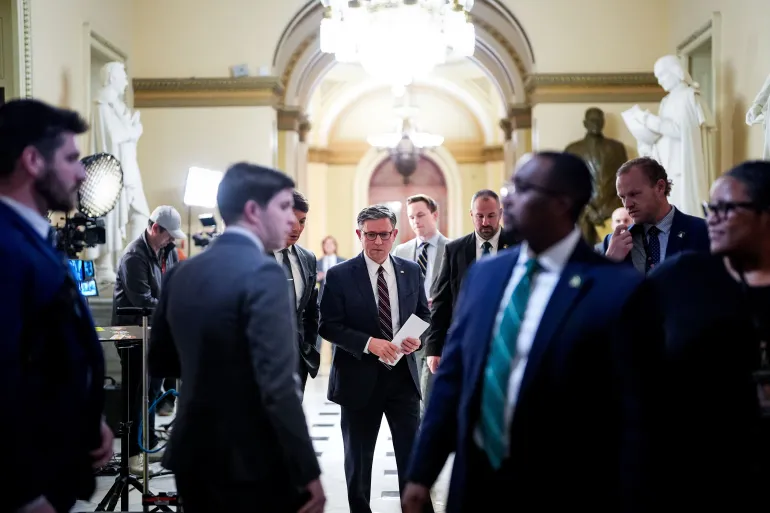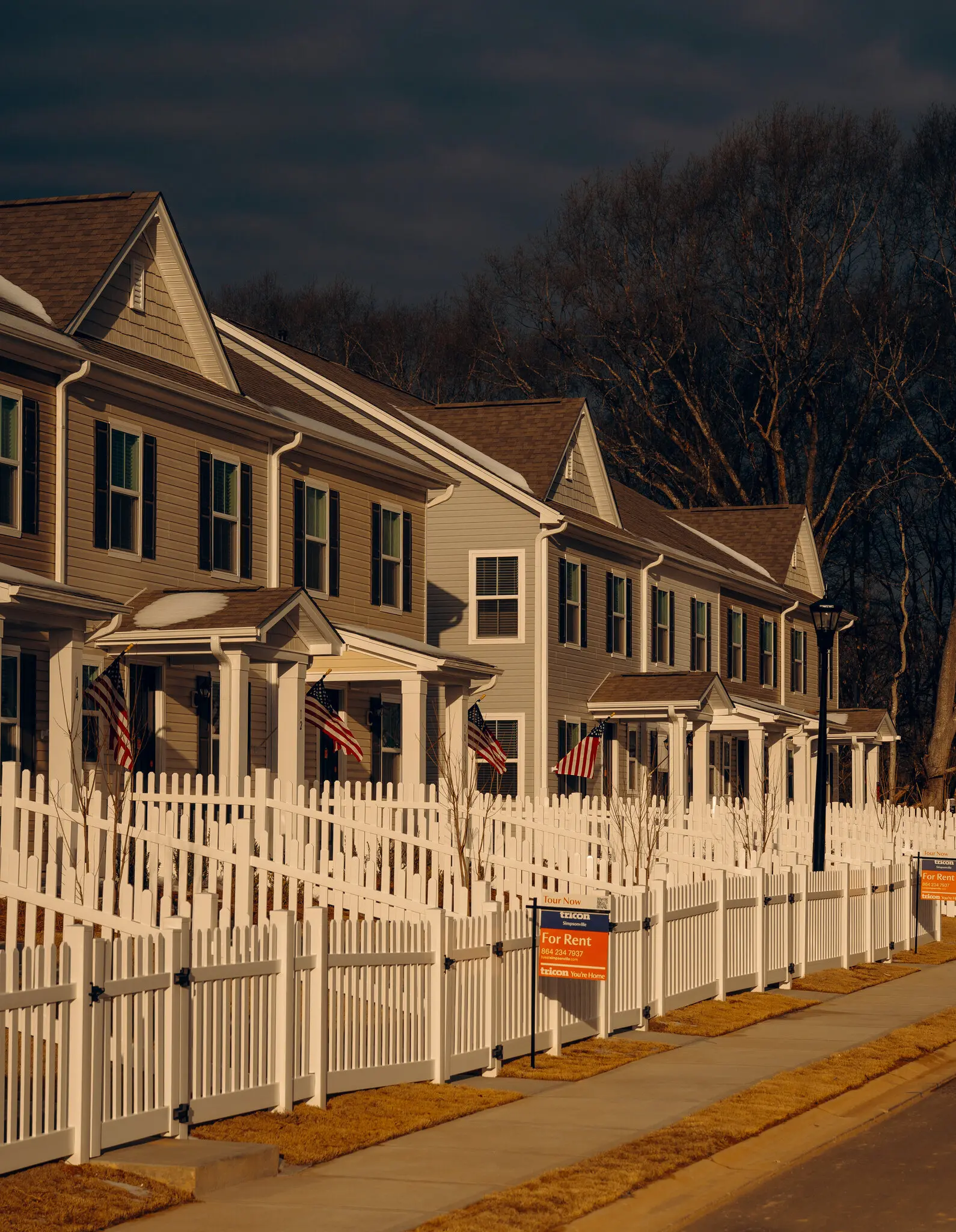‘No Contract, No Coffee’: Starbucks Baristas Use Red Cup Day to Launch Open-Ended Strike
With input from Reuters, USA Today, AP, CNBC, and Axios.
Starbucks’ biggest holiday promo day just turned into a major labor showdown.
More than 1,000 unionized baristas in over 40 US cities walked off the job on Thursday, kicking off an indefinite strike timed to collide with Red Cup Day — the annual giveaway that usually packs more than 17,000 Starbucks locations with customers chasing free reusable holiday cups.
The action, organized by Starbucks Workers United, started with workers at about 65 stores and could grow in the coming days. The union says this could become the largest and longest strike in Starbucks history if the company doesn’t come back to the table with a serious contract offer.
The union, which represents employees at roughly 550 US stores and about 9,500 workers (about 4% of Starbucks’ café workforce, according to the company), says this strike is about three basic things:
- More hours – Baristas say it’s common to be scheduled for fewer than 20 hours a week, which means they can’t reliably qualify for benefits like health care.
- Higher pay – Workers say starting wages are often around $15.25 an hour in many states, and that’s not keeping up with rent, food, and transportation in big cities.
- Better staffing & working conditions – They want enough people on the floor to handle rushes, especially on days like Red Cup Day, which many baristas say is “infamously understaffed.”
“What we’re asking for is pretty simple and basic,” said Rey Shao, a Starbucks supervisor in Manhattan. “We want enough hours to meet the benefits. We want enough staffing so we’re not overworked. And we want to be paid enough to live in this city.”
Another barista, Dachi (Dochi) Spoltore from Pittsburgh, put it bluntly:
“We’re striking for a fair union contract, resolution of unfair labor practices and a better future at Starbucks.”
The union has filed more than 1,000 unfair labor practice charges with the National Labor Relations Board, accusing the company of retaliatory firings, closing union stores, and refusing to bargain in good faith.
Starbucks, for its part, is downplaying the disruption.
A company spokesperson told Reuters that less than 1% of stores were seeing any impact from the walkout, and that nearly all locations remained open. The company says there are plenty of Red Cups to go around and that “the day is off to an incredible start” in terms of sales.
Starbucks also insists it already offers one of the best compensation packages in retail:
- An average of $19 an hour in pay
- Benefits for employees working at least 20 hours a week, including health care, parental leave, and college tuition assistance
The union counters that many baristas never get enough scheduled hours to reliably hit those benefit thresholds — and that average figures hide starting wages that are much lower in many places.
This fight has been simmering for years.
Workers began unionizing Starbucks stores in 2021.
Negotiations started in 2024, but the two sides haven’t made it to a contract.
Talks broke down late last year, and no active bargaining has taken place since April, according to the union.
Both sides say they’re willing to return to the table — and both blame the other for walking away.
Union president Lynne Fox said that under new CEO Brian Niccol, negotiations have “gone backwards”, accusing Starbucks of dragging its feet while continuing to close unionized locations.
Starbucks says Workers United “walked away from the bargaining table” and has repeatedly said, “When they’re ready to come back, we’re ready to talk.”
In April, union delegates rejected a Starbucks proposal that included at least 2% annual raises, arguing that it did nothing to improve key economic benefits like healthcare or deliver immediate pay bumps in a high-cost environment.
The union says stores in cities including:
- Seattle, New York, Brooklyn, Philadelphia, Pittsburgh
- Dallas, Austin, Portland, Denver
- And dozens more across California, Texas, Oregon, Colorado, Virginia, Ohio, Pennsylvania, and Washington
are joining the work stoppage.
Rallies are planned at 4 p.m. local time in more than a dozen cities. Some stores have already closed for the day; others are operating with skeleton crews or only drive-thru service.
Starbucks Workers United has branded this a “No Contract, No Coffee” escalation and says there’s no set end date for the strike.
“With no set end date to the strike, baristas across more than 550 current union stores are prepared to continue escalating to make this the largest, longest strike in company history,” the union said, warning Starbucks that its refusal to compromise could “grind business to a halt.”
Investors are watching closely. The stock slipped about 1% on Thursday — small in market terms, but the reputational damage from a highly public, recurring Red Cup Day strike is harder to price in. One long-term shareholder at Trillium Asset Management called it “remarkable” that nearly four years after the first store unionized in Buffalo, Starbucks still hasn’t reached a single first contract.
For now, the message from the picket line is simple:
If Starbucks won’t deal, baristas say, neither will they. No contract — no coffee.









The latest news in your social feeds
Subscribe to our social media platforms to stay tuned